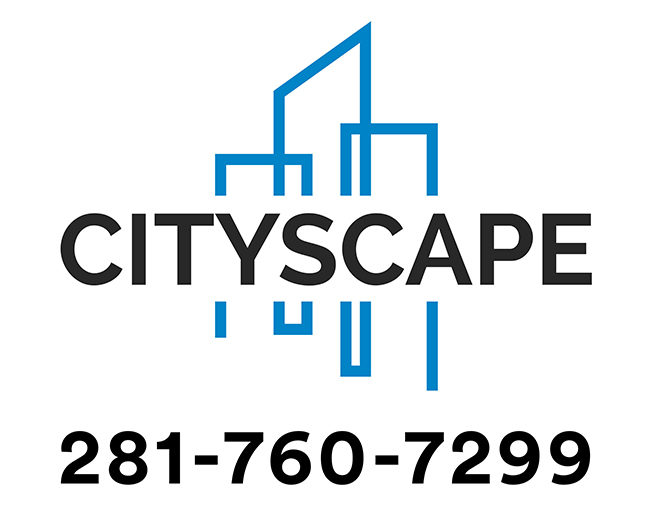
Homeowners associations (HOAs) are often painted as the boogie-man by those who own condos or a home in a planned development. But don’t let them scare you: the HOA isn’t really a monster that’s out to get you.An HOA does wield a lot of power in a community it governs, however. It is in your best interest to do a bit of research on the HOA before buying into a community.
WHY HAVE A HOMEOWNERS ASSOCIATION?
If you’re considering buying into a new, single-family housing development, the chances are you’ll encounter an HOA. If you’re looking at condominiums or townhouse complexes, you’ll most likely find an HOA there, too.
An HOA is the governing unit of the community. It is usually made up of a board of homeowners who volunteer to serve. Buying into the community automatically makes you a member; you don’t get a choice. Purchasing the home forms a contract with the HOA in which you agree to obey the HOA rules and pay regular dues and special assessments.
The purpose of an HOA is to avoid problems that can arise in some neighborhoods, such as poor yard or garden maintenance, debilitated roadways or trash piling up in your neighbor’s yard. Its ultimate goal is to keep your property value stable.
KNOW THE RULES BEFORE YOU BUY
Remember that buying into the community means you agree to abide by the rules of the HOA. Be sure you do your homework before signing on the dotted line. Here’s a few specific points to look for and questions to ask before buying in:
- There are going to be fees. Neighborhood governance comes at a price, in the shape of monthly fees, in most cases. Fees generally run a few hundred dollars a month. Be sure you know exactly how much the HOA fee will be each month, how often you can expect it to go up and what you’re getting for your money.
- Ask to see the minutes of the last few HOA meetings. This will tell you what the hot button issues currently are in the neighborhood. It will also let you know if there’s a good relationship between the HOA board and the homeowners, or whether it has become contentious.
- HOAs may allow you access to amenities such as a pool, fitness center or tennis courts. They can help with maintenance, like snow removal, and can keep up the appearance of common grounds in the community. However, the HOA may be able to foreclose on your home if you get behind on your fees. This process varies by state, so check your state law on this point.
- CC&Rs. This stands for “covenants, conditions and restrictions.” These are the specific rules that you’ll agree to follow if you buy into the community. You may not be able to paint the exterior of your house or get a certain type of pet (dog breed restrictions are common) without the approval of the HOA.
- Who enforces the rules? Does the HOA provide security for the neighborhood? If someone is going to come tell you to take down the basketball hoop from the top of the garage, who should you expect to come knocking on your door?
GET EXPERT ADVICE
To be certain you’re getting the most for your dollar and not buying into something that could turn into a boogie-man down the road, get the advice of professionals such as those at Cityscape Brokers.
Let the trained, experienced pros at Cityscape Brokers get you through each step of buying a home, from initial negotiations to closings.

Leave a Reply